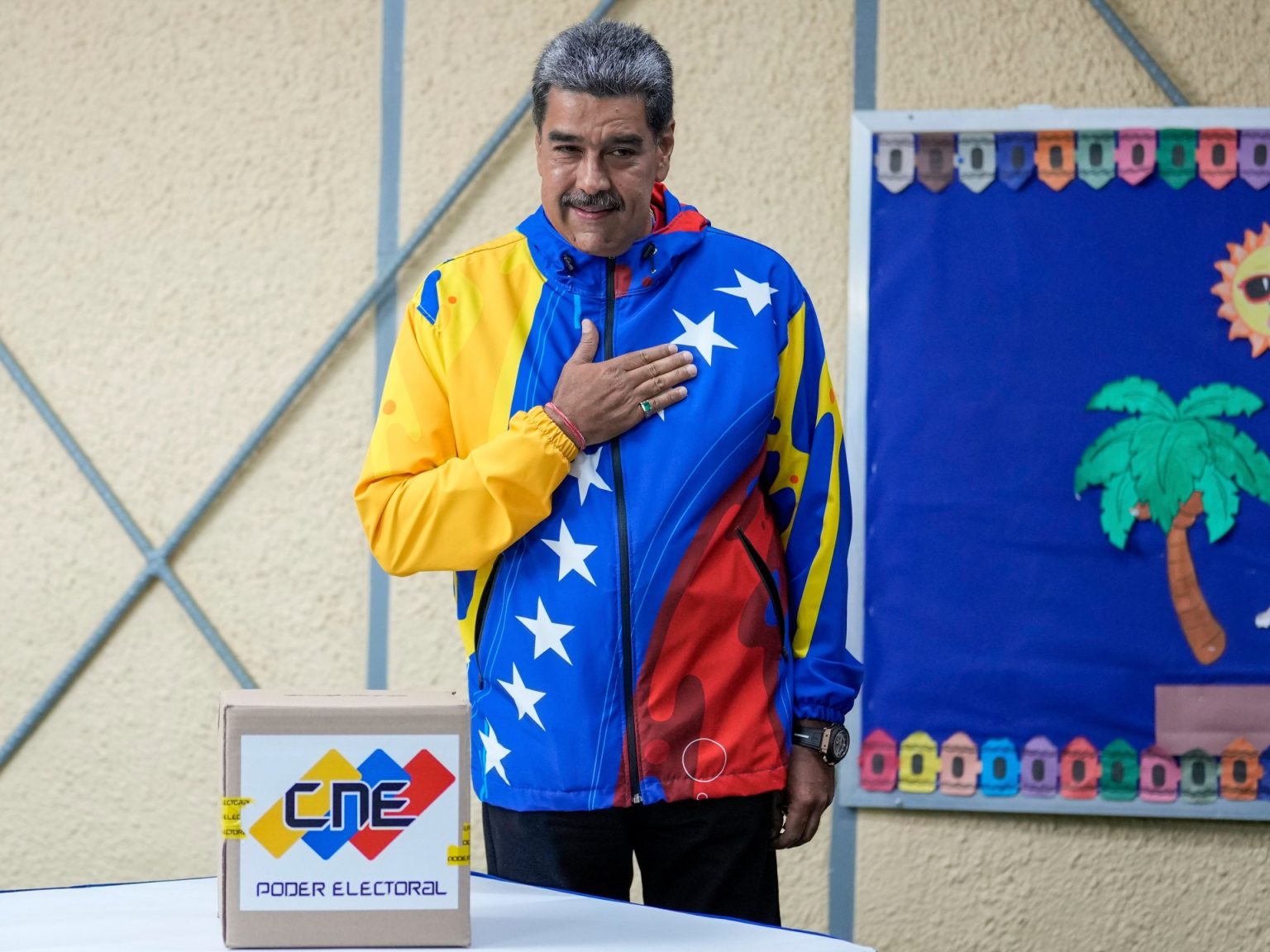Venezuela’s presidential election took place amidst an economic crisis and political turmoil as incumbent Nicolas Maduro sought a third term in office. The election saw a turnout of nearly 21 million voters, with the opposition attempting to end the ruling United Socialist Party’s 25-year reign and address the economic challenges that have led to millions emigrating from the country. Polls closed on Sunday evening, and the results are expected to be released in the coming days.
The election was strategically scheduled to coincide with what would have been Hugo Chavez’s 70th birthday, the former leftist leader who died in 2013. Maduro, who succeeded Chavez, faced off against a unified opposition candidate, Edmundo Gonzalez Urrutia, after years of party divisions and election boycotts. Gonzalez emphasized the need for change and reconciliation in Venezuela, with a promise to create conditions for returning emigrants and ensuring a fair democratic process.
Despite concerns about the fairness of the election, including arrests of opposition staff and decisions by electoral authorities, the opposition and observers called for transparency in the vote counting process. Maduro, who had warned of potential violence if he lost, vowed to defend the final result announced by the electoral authority. The 2018 re-election of Maduro was deemed fraudulent by the United States and many other countries, leading to sanctions and a deterioration in diplomatic relations.
Maduro’s government has overseen a collapse in the economy, mass migration, and a decline in diplomatic ties, exacerbated by sanctions that have crippled the oil industry. Maduro promised to ensure peace and economic growth, with a focus on reducing dependence on oil revenue. He urged other candidates to respect the electoral process and recognize the official results. Following his vote on Sunday, Maduro reiterated his commitment to upholding the electoral outcome and urged all candidates to publicly declare their intention to do the same.
The election marked a pivotal moment in Venezuela’s political landscape, with a divided opposition uniting behind a single candidate to challenge Maduro’s grip on power. The high voter turnout and calls for transparency reflected a desire for change and a renewed democratic spirit among Venezuelans. As the results are awaited in the aftermath of the election, the country’s future hangs in the balance, with potential ramifications for its economy, society, and international relations. The outcome will shape the trajectory of Venezuela’s political landscape and determine the course of its ongoing struggle for stability and prosperity.


